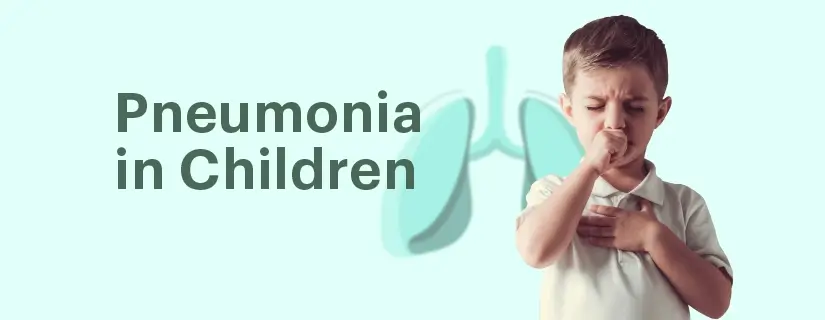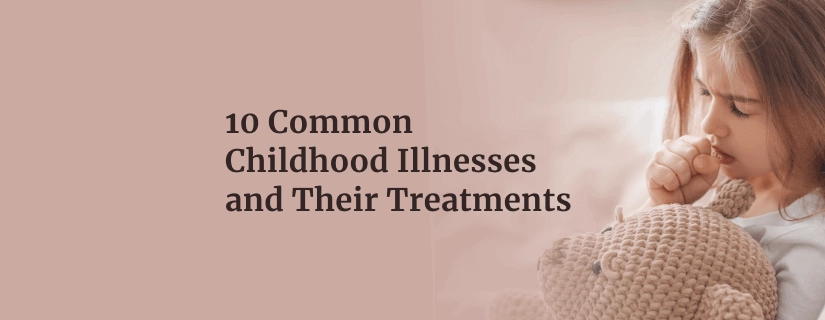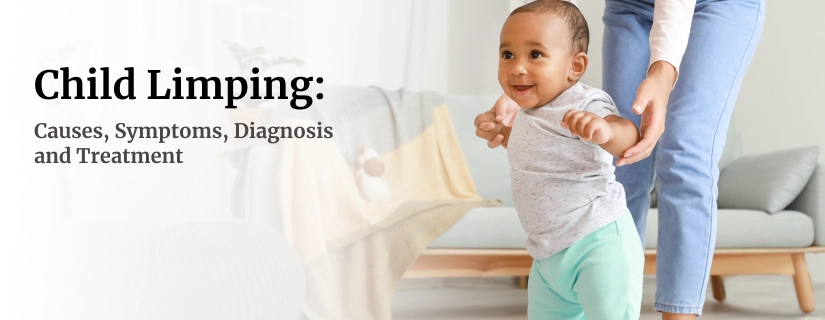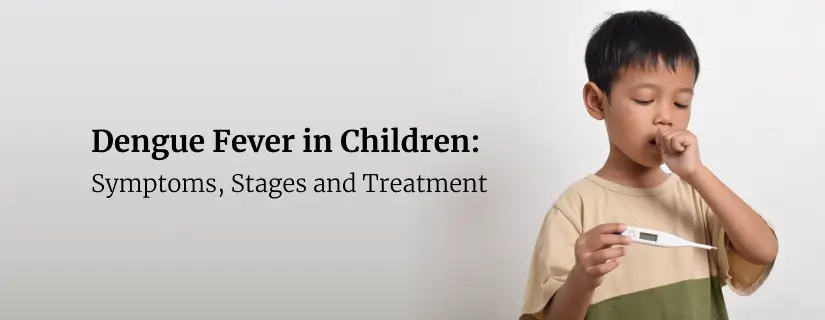-
Doctors
-
Specialities & Treatments
Centre of Excellence
Specialties
Treatments and Procedures
Hospitals & Directions HyderabadCARE Hospitals, Banjara Hills CARE Outpatient Centre, Banjara Hills CARE Hospitals, HITEC City CARE Hospitals, Nampally Gurunanak CARE Hospitals, Musheerabad CARE Hospitals Outpatient Centre, HITEC City CARE Hospitals, Malakpet
HyderabadCARE Hospitals, Banjara Hills CARE Outpatient Centre, Banjara Hills CARE Hospitals, HITEC City CARE Hospitals, Nampally Gurunanak CARE Hospitals, Musheerabad CARE Hospitals Outpatient Centre, HITEC City CARE Hospitals, Malakpet Raipur
Raipur
 Bhubaneswar
Bhubaneswar Visakhapatnam
Visakhapatnam
 Nagpur
Nagpur
 Indore
Indore
 Chh. Sambhajinagar
Chh. SambhajinagarClinics & Medical Centers
Book an AppointmentContact Us
Online Lab Reports
Book an Appointment
Consult Super-Specialist Doctors at CARE Hospitals
Symptoms, Causes, and Treatment Options of Jaundice in Newborns
Updated on 18 July 2022

Jaundice in newborns or infants jaundice is a disease in which a baby's skin and eyes get yellow. This condition arises due to the presence of excessive bilirubin in the blood of the baby. It is a yellow substance that comes due to the breakdown of the red blood cells. The liver helps to remove bilirubin from the body, thus preventing jaundice. Most of the time, jaundice goes away on its own, but in some cases, some babies require jaundice treatment. Jaundice treatment for newborns depends on the baby's age and the exact cause of jaundice.
Types of Infant Jaundice
- Physiological Jaundice: This is the most common type and usually appears after 24 hours of birth. It occurs because a newborn's liver is still developing and processing bilirubin efficiently.
- Breastfeeding Jaundice: Infants who are breastfed may experience jaundice if they are not getting enough breast milk.
- Breast Milk Jaundice: It typically appears after the first week of birth and can last for several weeks. The exact cause is unclear but may involve substances in breast milk that increase bilirubin levels.
- Blood Group Incompatibility: Rh or ABO blood type incompatibility between the mother and baby can cause jaundice.
How Common Is Jaundice in Newborns?
Jaundice is relatively common in newborns, affecting approximately 60% of full-term babies and 80% of premature infants. Physiological jaundice is the most frequent type and usually resolves on its own within a few days to a couple of weeks without treatment. However, if severe or prolonged, medical intervention might be necessary to prevent complications. It's important for parents to monitor their baby's skin color and consult a healthcare professional if they notice prolonged jaundice or any other concerning symptoms.
Symptoms of Infant Jaundice
If a baby has jaundice, then his skin will appear yellow. Firstly, the face becomes yellow, then the chest and stomach and at last the legs. The white part of the baby's eyes also becomes yellow.
The following method will help parents check whether their baby is having jaundice or not. Gently press the skin on the baby's forehead or nose, and then lift your finger. One of the newborn jaundice symptoms makes the baby's skin appear yellow.
Parents can call the pediatrician if they see the following symptoms:
-
If the baby is having trouble feeding.
-
If the baby feels more sleepy.
-
If the baby is suffering from fever.
-
If the baby cries loudly.
Causes of Jaundice in Newborn
Some major causes of jaundice in newborns are as follows:
Premature Birth: Premature babies are unable to remove bilirubin from their bodies. The doctors need to treat them sooner before the condition worsens.
Trouble Breastfeeding: In the first few days, if the baby isn't getting sufficient breast milk, then the mother should take the help of a lactation consultant.
Blood type: If the baby and the mother have different blood groups, then the antibodies produced in the mother's body attack the baby's red blood cells.
Genetic Problem: The red blood cells become weak due to genetic issues. These cells easily break and produce high amounts of bilirubin.
Other causes include:
-
Haemorrhage (internal bleeding)
-
Improper functioning of the liver
-
Sepsis (infection in baby's blood)
-
An enzyme deficiency
-
Biliary atresia
Diagnosis of Infant Jaundice
Doctors will tell how serious the baby's condition is by checking the yellow colouring of the skin and the white part of the eyes. All the newborns are diagnosed after birth and before leaving the hospital.
Doctors recommend blood tests for babies suffering from jaundice to check their bilirubin levels. They also use a light machine to check bilirubin in the skin. The result of the blood test shows how severe the infant's jaundice is. They start their treatment immediately after the tests' results.
Jaundice Treatment for Newborns
The treatment for infant jaundice depends on the baby's age, the levels of bilirubin, and the cause of jaundice.
-
Mild jaundice remains for 1 to 2 weeks.
-
Infants suffering from breastfeeding jaundice should be breastfed more often by their mothers.
The following treatment is given if the cases are more serious:
-
Fluids – Dehydration results in high levels of bilirubin. Therefore, doctors will recommend fluid supplements for the babies to increase their water level.
-
Light Therapy – It is also known as phototherapy. During this therapy, the babies are laid under the light with less clothing so their skin is exposed. This light converts the bilirubin into other substances that can pass easily out of the body.
-
Exchange Blood Transfusion – This treatment is recommended when phototherapy does not work. During the procedure, the baby's blood is replaced with the donor's blood to reduce the amount of bilirubin.
-
IVIg (Intravenous Immunoglobulin) – This newborn jaundice treatment is given to those babies whose blood types do not match their mother’s blood types. The IVIg is transmitted into the veins and blocks the action of antibodies on the red blood cells.
Parents should immediately contact the best paediatricians in Hyderabad if their baby's jaundice isn't going away. Babies with jaundice for more than two weeks require major testing to check for other causes of jaundice. The doctors will start the treatment as soon as possible so that the baby does not suffer much. Consult on the first signs and be quick in case of any symptoms you notice in your baby.

ENQUIRY FORM
SELECT CATEGORIES
-
Neurosciences (16)
-
Neurology (37)
-
Neurosurgery (14)
-
Orthopaedics (48)
-
Oncology (33)
-
Obstetrics and gynecology (52)
-
Pulmonology (23)
-
Urology (20)
-
Nephrology (13)
-
Psychiatry (7)
-
Dietetics and Nutrition (111)
-
General Medicine (63)
-
Cardiac Sciences (32)
-
Vascular & Endovascular Surgery and Interventional Radiology (15)
-
Gastroenterology (46)
-
Endocrinology (23)
-
Plastic Surgery (10)
-
Critical Care Medicine (5)
-
COVID-19 (16)
-
Dermatology (16)
-
Emergency Care (1)
-
Ophthalmology (4)
-
Pediatrics (14)
-
Laparoscopic and Bariatric Surgery (8)
-
ENT (15)
-
Kidney Transplant (1)
-
Liver Transplantation and Hepatobiliary Surgery (5)
-
General Surgery (3)
-
Internal Medicine (5)
-
Medicine Information
Childhood Obesity - Causes and Prevention
A Parent's Guide to Down Syndrome
YOU MAY ALSO LIKE
RECENT BLOGS
-

Preterm Birth (Premature Birth): Symptoms, Causes, Treatment and Prevention
13 May 2025
Read More
-

Rotablation Angioplasty: Benefits, Treatments, And Recovery Time
9 May 2025
Read More
-

What Is The Difference Between IUI and IVF?
9 May 2025
Read More
-

Venous Malformations: Causes, Symptoms, and Treatment
30 April 2025
Read More
-

Varicose Vein Foam Sclerotherapy: Treatment, Benefits, and Procedure
30 April 2025
Read More
-

Radiofrequency (RF) Ablation Treatment for Varicose Veins: Know More
30 April 2025
Read More
-

Varicose Vein Sclerotherapy: Treatment, Benefits, and Procedure
30 April 2025
Read More
-

Varicose Vein Endovenous Laser Ablation: Procedure, Benefits, Risks
30 April 2025
Read More
Have a Question?
If you cannot find answers to your queries, please fill out the enquiry form or call the number below. We will contact you shortly.












